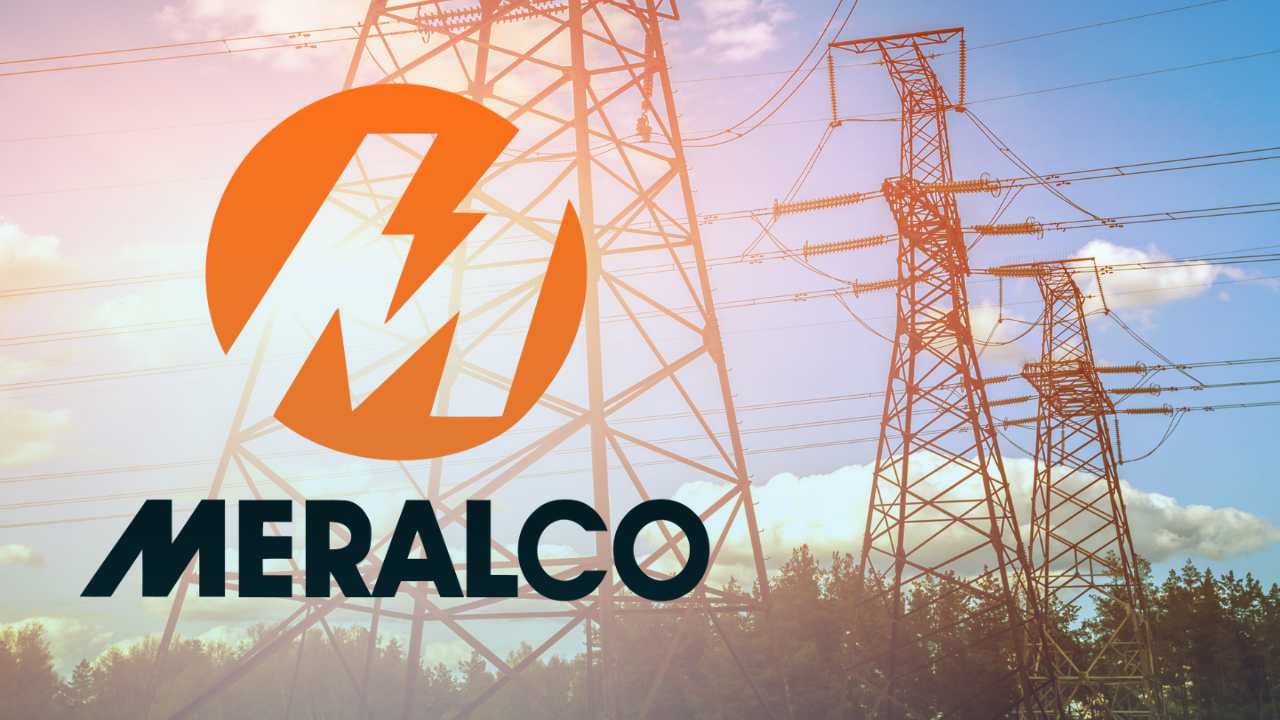Meralco exec backs DOE move to terminate idle RE projects

Meralco | INQUIRER FILES
An official of Pangilinan-led Manila Electric Co. (Meralco) has approved of the government’s recent decision to get rid of contracts secured by non-serious renewable energy developers, as prolonging the stagnation can affect the push for clean power buildup.
“The cancellation, I think, is a right step moving forward…,” Meralco PowerGen Corp. (MGen) president and chief executive officer Emmanuel Rubio said at a recent briefing when asked for his reaction to the Department of Energy’s move.
“Because these projects are occupying a space in GEA-1 and GEA-2, capacities that were supposed to supply to meet RPS (renewable portfolio standards), the standards required from DUs (distribution utilities), from ECs (electric cooperatives), from RES (retail electricity suppliers),” he said.
The executive stressed that the capacities at stake were “needed by the grid.”
Just in October, the DOE said at least 105 renewable energy projects were at risk of losing their contracts for failing to meet their committed timelines. It, however, did not disclose the combined capacities of the projects.
Article continues after this advertisementREAD: DOE starts termination of 105 RE contracts
Article continues after this advertisementThe agency said the common reasons for the delays in the projects being canceled were the inability of private companies to obtain the rights to occupy and use the land for their undertaking and problems linking to the country’s electricity grid system that showed up after conducting system impact studies.
Rubio declined to comment on the causes cited by the DOE, which includes transmission issues, but the official said he was “sure there are a lot of reasons.”
“I think the next move for DOE is to revisit how they’re going to fill this up, no? This void. Because it is a void,” he said.
SP New Energy Corp., MGEn’s renewable energy vehicle, earlier bared efforts to find an alternative site for a 280-megawatt (MW) solar farm project it committed to under the government’s green energy auction program (GEAP)—an initiative that aims to speed up the growth of clean energy capacity in the local market—due to transmission constraints.
Rubio also suggested revisiting the pricing in the GEAP. “We started with low per kilowatt-hour prices, particularly on solar. So, I think these are the things that the DOE needs to consider moving forward,” he explained.
A previous auction conducted in 2023 recorded a weak performance due to the incentives set by the Energy Regulatory Commission were perceived to be low by investors.
The GEA-2 received a total of 3,580.76 MW in committed capacities, way below the 11,600 MW capacity on offer.